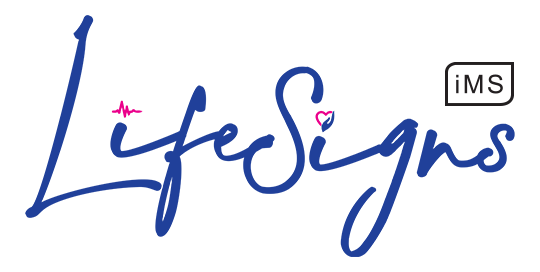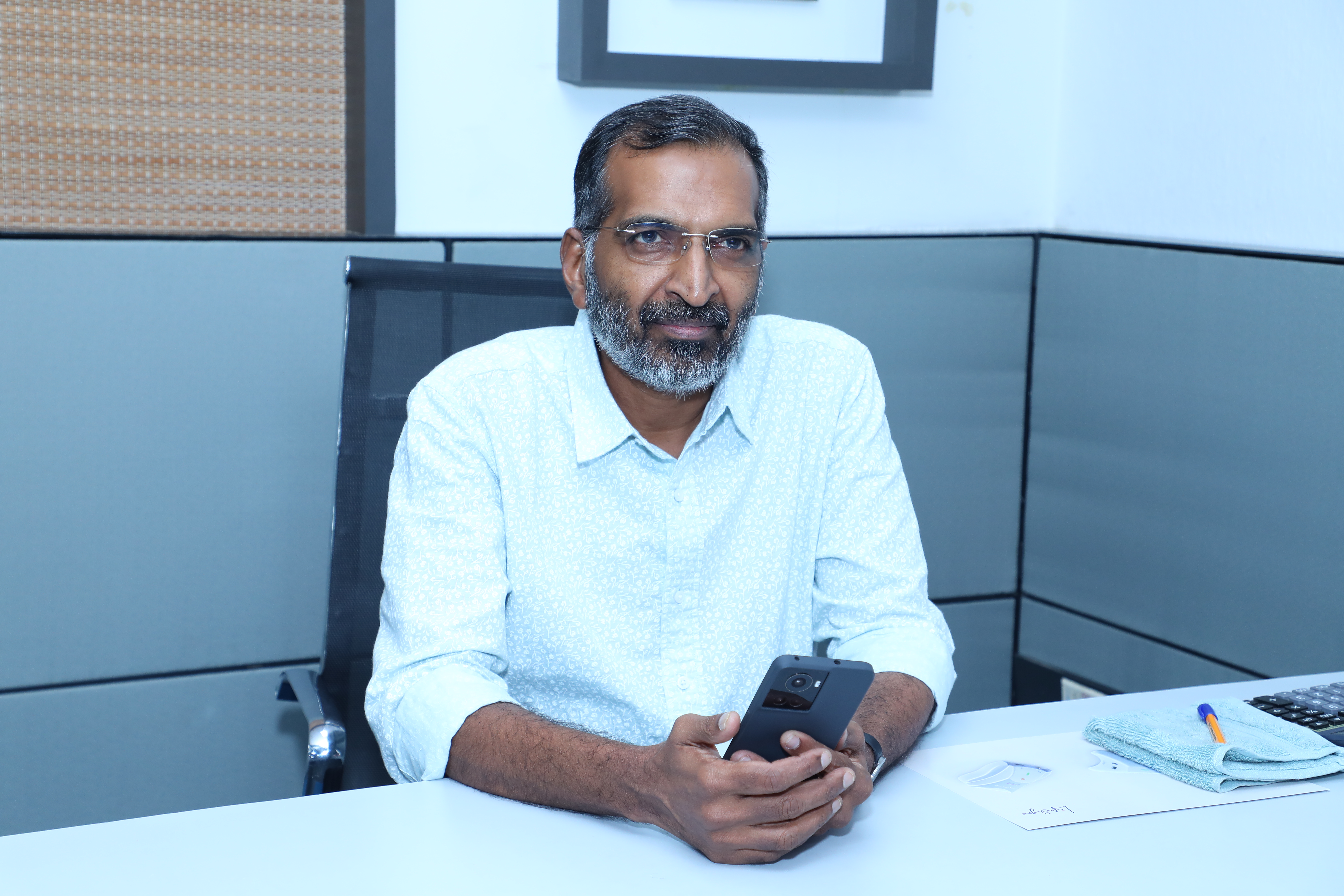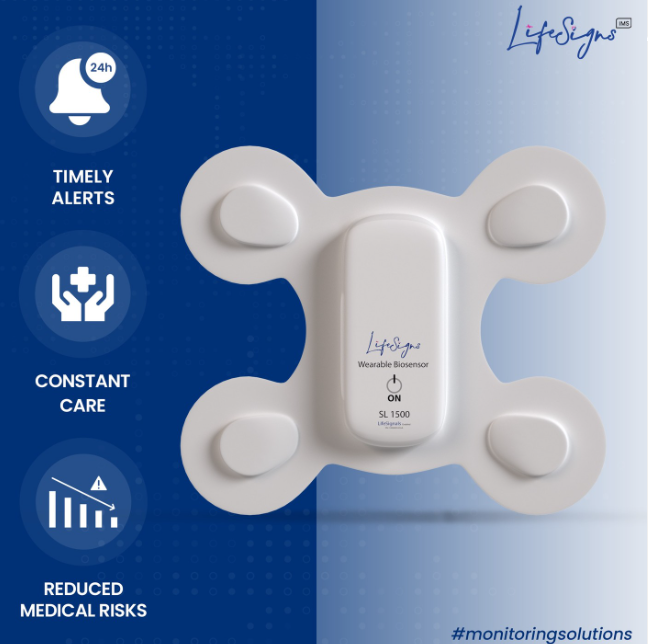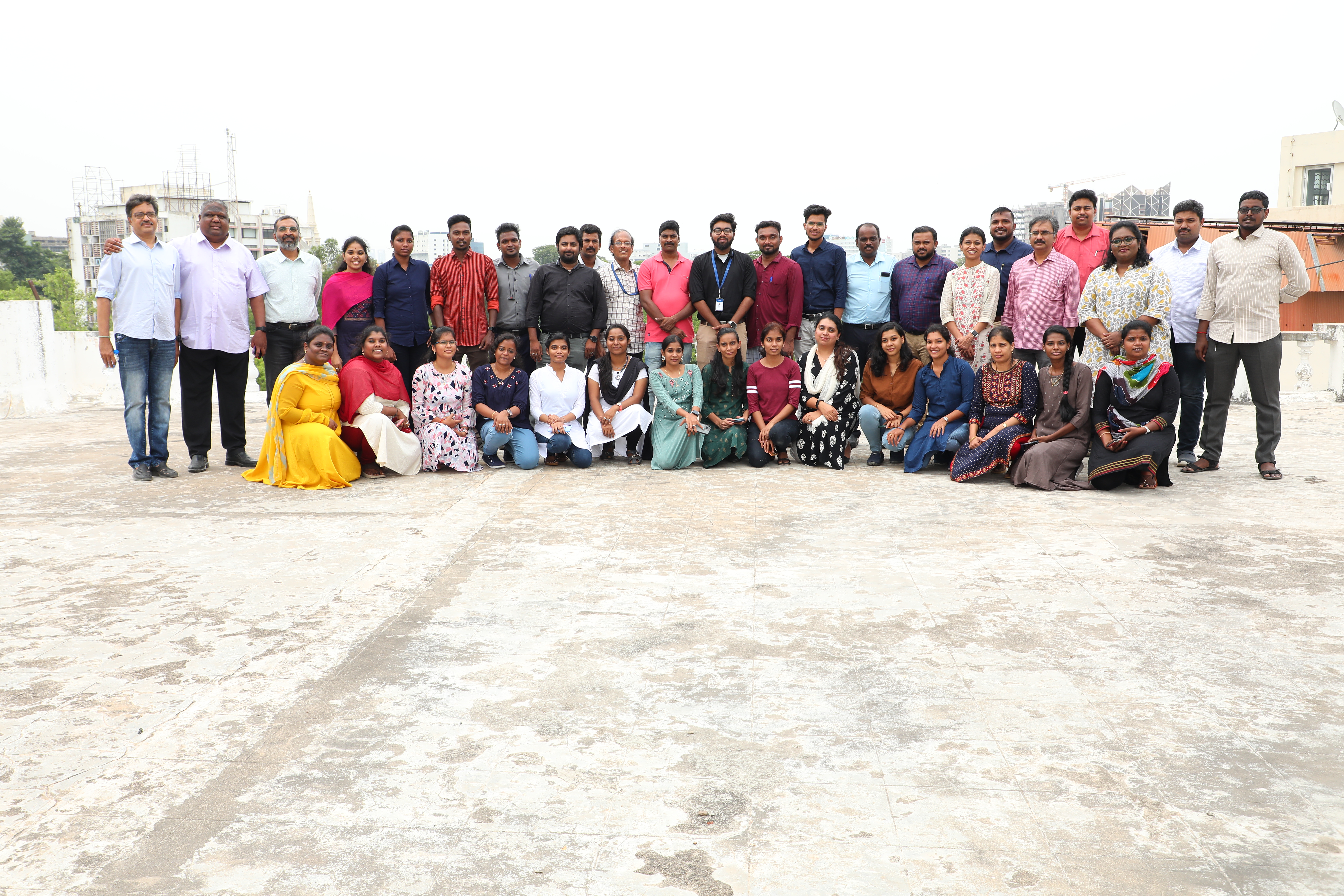An exclusive interview with Hari Subramanium, Founder and CEO of LifeSigns
India’s vibrant startup culture and urban adoption of cutting-edge technologies like cloud computing and artificial intelligence have led to an explosion in the number of health technology startups in the country. LifeSigns is a pioneering force in the Indian Healthcare Industry, transforming the way in which patients are monitored – before hospitalization, in-hospital & post discharge. We achieve this by leveraging the latest advances in semiconductors & SoC, Networking, Wireless, Cloud Computing & Analytics.
Delving deep into the discussions, Hari Subramanium, Founder and CEO of LifeSigns, had an interaction with Ideapreneur India.
Q1. Where do you think Indian healthcare start-ups stand right now, and how are they progressing?
During the pandemic, when patients and doctors were unable to visit traditional hospitals, virtual treatment and data collection became critical.
Due to the country's dynamic start-up culture and urban adoption of cutting-edge technologies such as cloud computing and artificial intelligence, health technology companies in India have exploded in popularity (AI). By combining tried-and-true methods with cutting-edge technology, these new businesses make medical procedures run more smoothly. EHealth and internet-based healthcare delivery are helping to increase the popularity of such businesses in India.
It is estimated that India's health tech industry will be worth US$1.9 billion by 2020. Advisors predict that this will increase to $5 billion by 2023 and $50 billion by 2033. The nearly 7,500 health IT startups that are already fueling development and the thousands more that will take root in the coming years bode well for India's healthcare system.
Q2. Healthcare has undergone a dramatic transformation in recent years. Start-ups in the healthcare sector are developing new developments and trends in that sector. Do you think start-ups provide high-quality healthcare services to patients?
Three forces are influencing the Indian health-care system: increasing patient awareness, widespread availability of technological advancements, and rising demand for medical services. One cannot rely solely on health insurance to help them. However, there is help available from a few start-ups working to reduce the cost of health care through the use of technology and thinking "outside the box."
These start-ups are doing it all, from integrating health data with electronic discount cards to providing home and preventative care services and bringing together multiple health-care providers, such as physicians, hospitals, clinics, diagnostic centers, and pharmacists, on a single platform. As a result, obtaining affordable medical care has become much easier. The level of service offered by new businesses is unparalleled.
Q3. Do you believe artificial intelligence is contributing sufficiently to the growth of start-up healthcare companies in India?
Over the last decade, there has been a significant shift in the delivery of medical care in India. The quality of healthcare is rapidly improving as a result of the innovation and creativity brought about by the emergence of health tech start-ups in areas ranging from the provision of low-cost insurance to the development of tech-enabled treatments that save lives.
By combining AI-based technologies with portable screening equipment, the screening procedure can be sped up and an earlier diagnosis can be made. This is particularly useful in more remote and rural areas.
Predictive analysis, which is accomplished with the assistance of artificial intelligence, is also used in the process of developing new medications. The use of AI in early pharmaceutical research may speed up the hit-to-lead stage while also providing more precise data on the therapeutic target. This could be advantageous to the pharmaceutical industry. Artificial intelligence (AI) and the Internet of Things (IoT) have become a dominant force in business because they provide more ways to connect and exchange data, as well as the operational benefits that come with them. This has been particularly true in recent years. It's a brilliant idea for the medical field, where the Internet of Things (IoT) in healthcare and remote patient monitoring (RPM) are evolving in concurrently to transform the fundamental concept of patient care. The application of biosensor technology has the potential to transform both medical treatment and people's daily lives. Biosensors will be able to help you make more informed decisions and monitor your health in the future.
Q4. With the help of digital care ecosystems provided by health tech start-ups, hospitals and doctors can streamline operations, engage patients, streamline procurement procedures, and more. What are your thoughts on the matter?
The current situation, and one that continues to exist today, is that each hospital uses its own software for all of its procedures and operations, which is both difficult and inconvenient. Several other Internet of Things-based technologies are currently in development. Data must flow to the primary system for each of these technologies. The Indian healthcare industry is evolving toward a relatively excellent and efficient software platform, digital technologies, and more Internet of Things-based technologies (IoT). These efforts are being made to ensure a more efficient flow of data and to give clinicians access to data that may be related.
When a doctor checks in on a patient on a daily basis, all vital signs are recorded and manually analyzed. The situation is escalated and brought to the attention of the on-duty health care professional only when a patient's vital signs reach a "alarming" level. This surgery provides a brief window of opportunity to begin potentially life-saving therapy. "What if we could monitor patients, save lives, and create a dashboard that communicated vitals with medical staff?" was the seed that grew into the concept that became LifeSigns.
5. What opportunities and threats do you believe Indian healthcare start-ups face?
In terms of medical treatment, India's current health-care system provided the basic infrastructure to meet the needs of the entire country. Because of the inadequacy of the health-care infrastructure, there is an imbalance between supply and demand, making it more difficult for all people to afford and obtain health-care services.
Prior to COVID, the only brands that could be considered medical-grade were those made by large manufacturers. The tide has shifted, and today, even lesser-known companies with potentially game-changing discoveries are being pushed to test and deliver medical items that represent significant advances.
Significant competitors object to the high prices charged by these businesses for their goods and services. Startup companies can combat the same issue because they can provide solutions to the same problems at a lower and more affordable cost. The most significant threat is primarily from China, but because the government is keeping a close eye on the situation, it is now under control. Another issue that new businesses face in today's environment is obtaining credit, funds, or capital. The gestation stage lasts approximately 180 days and consists of the creation of the product, its demonstration, validation, and deployment for testing. Another issue that slows down the healthcare industry's initiatives is the length of time it takes to be paid. When it comes to payments and investment, the government must help entrepreneurs in some way.
6. How did Indian healthcare start-ups benefit this year? What are their future expectations, and where do they see themselves as 2023 approaches?
In terms of new services and products introduced, the year 2022 has earned off to an incredible season. Indian businesses have matured, and the system is beginning to receive assistance. It is expected that the growth of healthcare commerce, in which westerners travel to India for medical treatments and surgical procedures, will be rapid.
Hospitals in India are now on par with those in the West in every way imaginable. After another five years, the Indian healthcare system's quality of care would have significantly improved.
7. What are your thoughts on your organization's current state and prospects in the digitally driven healthcare ecosystem?
The LifeSigns monitoring space will have a prosperous run in the coming years. Digitalization and automation will eventually eliminate the need for nursing personnel and patients to manually record vital signs. When routine tasks are dependent on healthcare personnel for completion, efficiency suffers. All of this could be automated, freeing up hospital personnel's time so that they can provide better care to patients.
The LifeSigns iMS biosensor is an intelligent monitoring device that automatically compiles all critical information and displays it on a single screen in real time to the healthcare practitioner. This results in fewer human errors, more time for personnel to devote to rescuing others, and lower overall operating costs.
The iMS system's implementation may reduce the likelihood of "code blues," patient anxiety and deterioration, as well as the amount of stress experienced by nurses; as a result, the entire healthcare delivery system is improved, benefiting both patients and nurses. Because clinicians will have easier access to genuine data, decisions will be made more quickly and with greater awareness, demonstrating that the iMS Dashboard is beneficial to society as a whole.






